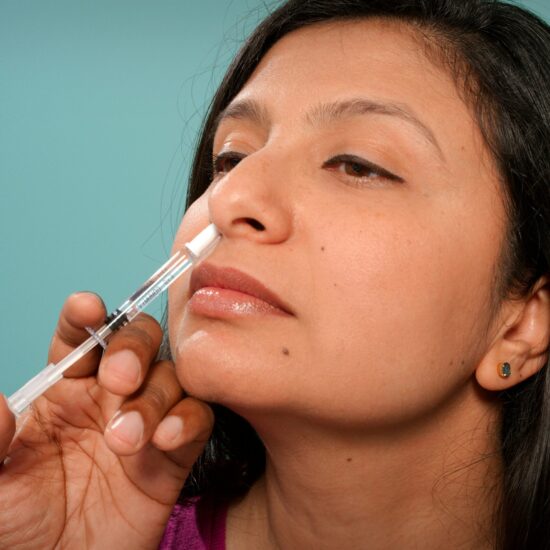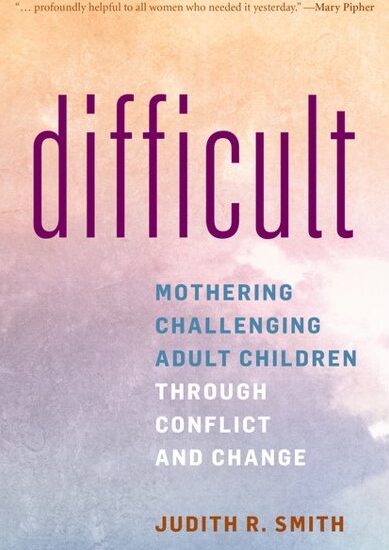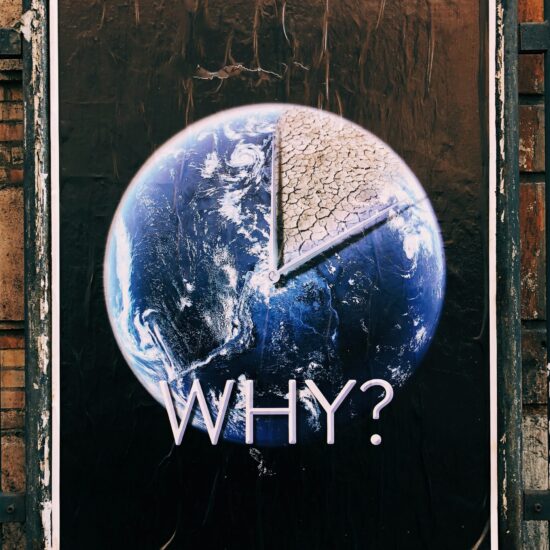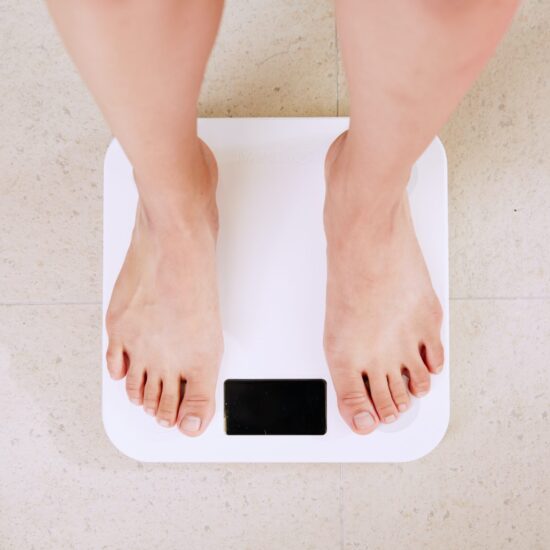I first learned Catherine Zeta-Jones had checked into a mental health facility last month on twitter – with a link to an article on Glamour Magazine’s website. I hardly ever read Glamour, but was moved by their support of Catherine and their message to readers – ‘it’s ok to not have it all together all the time gals’ – as simple as that is, it really resonated with me. It acknowledged the incredible pressure we’re often under – especially as caregivers (Zeta-Jones’ husband had been in treatment for cancer). But also in general as women, young and old and in-between, who work in or outside the home (or both), study, have relationships and/or kids, try to do good in the world, etc.
I certainly feel these pressures and appreciate the strength it took for Zeta-Jones to go public about her struggles with bipolar disorder. Many of us struggle silently with mental illness and depression. Somehow there is still stigma and shame associated with these diseases that I just learned cause a “greater disability burden to society than all cancers combined.” Rebecca Palpant who works with The Rosalynn Carter Fellowships for Mental Health Journalism writes that “women with mental illness are your friends, family members, neighbors, and colleagues, who write, work, study, and also struggle with a serious health problem.”
This week is National Women’s Health Week (May 8-14) and the perfect time to draw attention to women’s mental health. I’ve been catching up on the issue and learning there isn’t enough focus on or funding for research aimed at mental health in women, yet there is great need for gender specific studies. The UN Commission on the Status of Women’s paper WOMEN AND MENTAL HEALTH is a must read, articulating how a holistic definition of women’s health across the life cycle influences how we develop good policy and funding priorities and standards of care. The article highlights how data does point to different patterns and manifestations of mental illness and psychological distress in women worldwide. They point out: “As feminist theorists have recently argued, women’s well-being is “not solely determined by biological factors and reproduction, but also by the effects of workload, nutrition, stress, war, migration.”
As a storyteller, I believe sharing personal stories and struggles has great impact on our understanding of and compassion for health and disease. There are many women, like Zeta-Jones, who have shared stories or experiences with mental illness and depression, and I hope there will be many more this week and beyond… whether it’s to our own families, friends, doctors, nurses or to the public.








